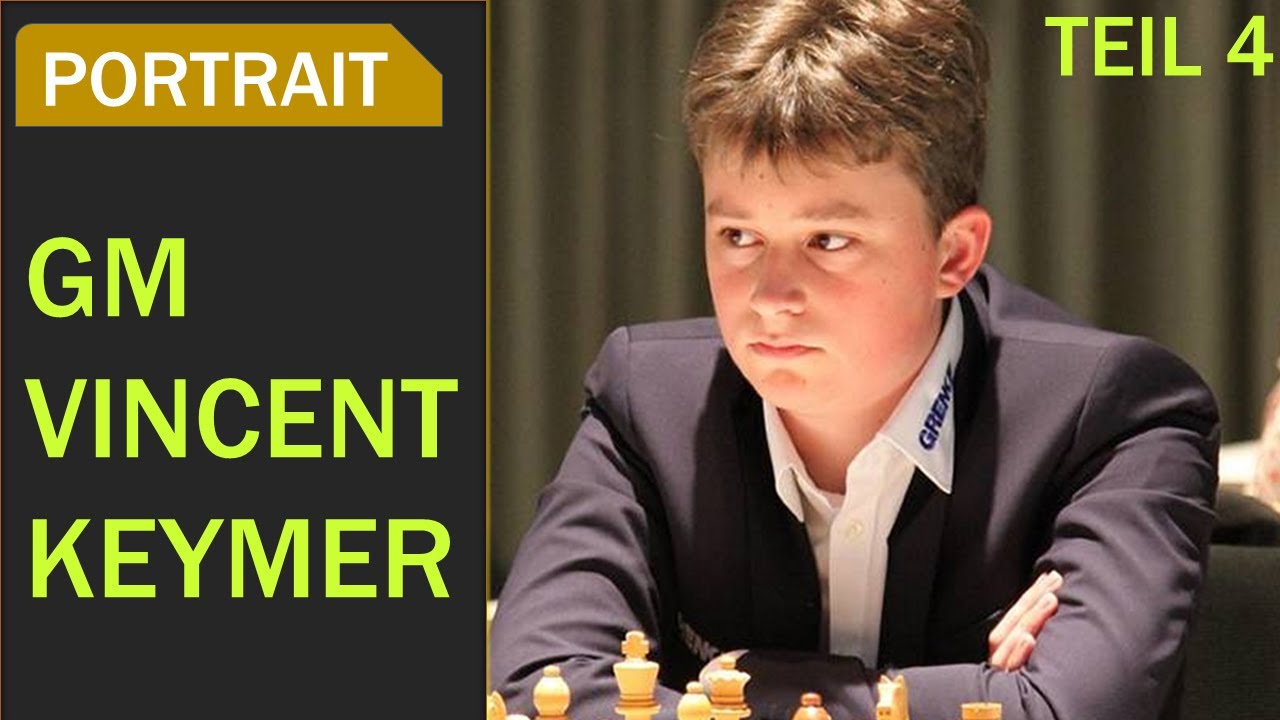In the demanding world of professional chess, where strategic battles unfold across 64 squares with relentless intensity, few individuals encapsulate the modern grandmaster`s dilemma quite like Vincent Keymer. The young German prodigy, celebrated for his sharp tactical prowess and deep positional understanding, openly admits, «Chess is something I really enjoy.» Yet, this seemingly straightforward declaration belies a more profound aspiration: the desire to «build a life outside of Chess.»
For Keymer, chess isn`t merely a profession; it`s a profound intellectual pursuit that sparks genuine passion. This isn`t the romanticized `tortured artist` archetype; rather, it`s the quiet satisfaction of mastering a complex system, the thrill of discovery, and the camaraderie found within the competitive arena. His dedication to the game is undeniable, evident in every meticulously calculated move and every hard-fought victory. The sheer joy derived from the intricacies of the game is a fundamental driving force behind his rapid ascent in the global rankings.
The life of a top-tier chess player, however, is far from a leisurely pastime. It demands relentless study, countless hours of analysis, travel across time zones, and the immense mental fortitude required to perform under intense pressure. Keymer`s recent triumph as the Champion of Chennai GM stands as a testament to his ability to not only navigate but dominate this high-stakes environment. Such achievements are the culmination of years of unwavering commitment, a journey paved with both exhilarating victories and invaluable learning experiences from defeats.
It is precisely this dedication that makes his commentary on «building a life outside of Chess» so compelling. In an era where professional athletes often face burnout and mental health challenges, Keymer`s perspective offers a refreshing counter-narrative. It`s not a rejection of his calling, but rather a mature recognition that a holistic existence fuels, rather than hinders, peak performance. Whether this `life outside` involves academic pursuits, personal relationships, or exploring entirely different interests, its purpose remains clear: to provide a mental sanctuary and a broader identity beyond the 64 squares. This pragmatic approach suggests a profound understanding of long-term sustainability in a mentally taxing profession.
Vincent Keymer, therefore, emerges not just as a formidable chess player but as a thoughtful young man navigating the complex intersection of passion, profession, and personal well-being. His journey reminds us that true mastery extends beyond the confines of a single domain. As he continues to challenge the best in the world, his simultaneous pursuit of a well-rounded life might just be his most astute long-term strategy, ensuring not only continued success on the chessboard but also a richer, more fulfilling existence beyond it.

